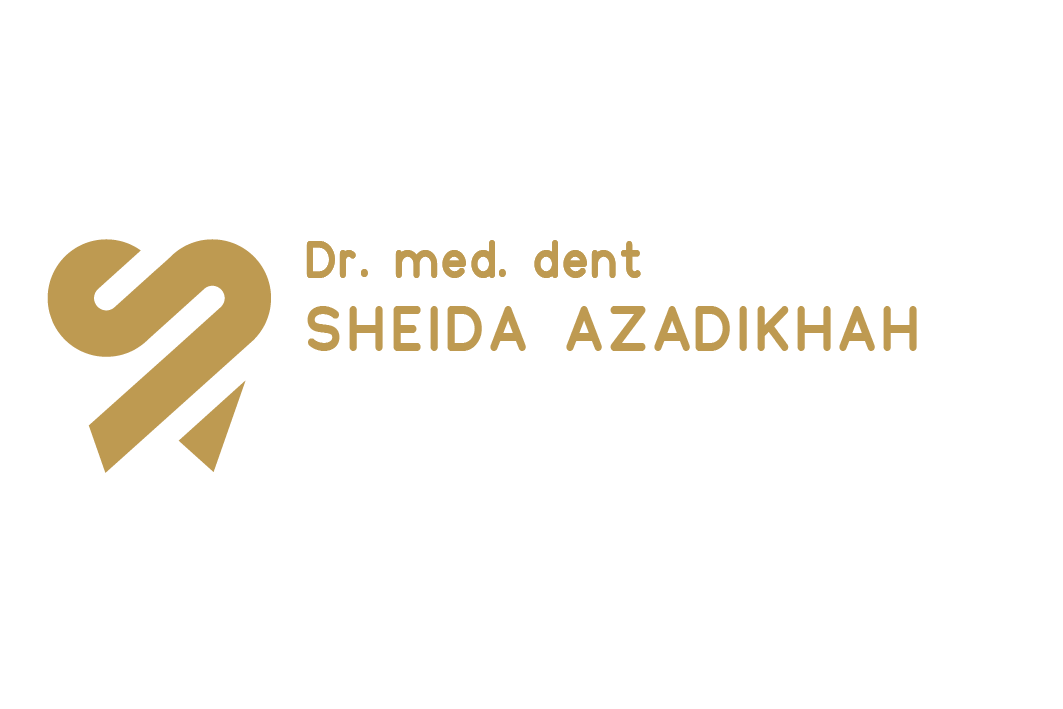Tooth Extraction
Tooth extraction, also known as dental extraction, is a procedure in which a tooth is removed from the jawbone and gum tissue. This can be done for a variety of reasons, such as tooth decay, gum disease, trauma, or tooth misalignment. When a tooth is severely damaged or infected, extraction may be necessary to prevent further damage to the jawbone and surrounding tissues.
Tooth extraction is usually performed under local anesthesia to numb the area around the tooth being removed. In some cases, sedation or general anesthesia may be necessary, particularly if multiple teeth need to be extracted.
After the tooth is extracted, it is important to follow proper care instructions to prevent complications such as infection and promote healing. The dentist may recommend avoiding certain foods and drinks, gently rinsing the mouth with salt water, and avoiding smoking or using a straw. Pain medications may also be prescribed to manage any discomfort.
Tooth extraction is a common dental procedure that is generally safe and effective. However, it is important to discuss any concerns or questions with your dentist before the procedure to ensure that you have a clear understanding of what to expect and how to care for your mouth after the extraction.
